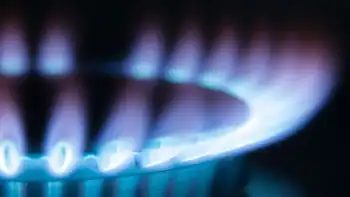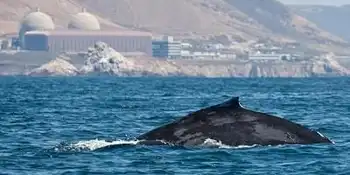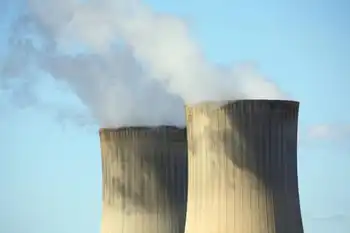US EPA proposes rules to encourage cogeneration
- The Environmental Protection Agency proposed new rules on Monday to encourage U.S. manufacturing and industrial plants to use cogeneration, a more efficient technology for generating electricity.
The planned rules, which would amend the federal Clean Air Act, would make it faster and easier for companies to build combined heat and power facilities, otherwise known as cogeneration.
Cogeneration harnesses steam and heat that would otherwise be discarded as waste from conventional power plants and redirects it into other energy-intensive processes like heating or cooling buildings. Conventional power plants are 30 to 50 percent energy efficient -- meaning the rest of the heat is lost as waste.
Cogeneration plants are 70 to 80 percent efficient, the EPA said in a statement.
A White House national energy policy report released earlier this year highlighted cogeneration as a way to increase U.S. energy efficiency and conserve supplies.
The EPA proposal would speed up the permitting of new cogeneration plants, and provide "regulatory certainty" to spur new construction.
It also outlined how new cogeneration plants will be treated under a key portion of the Clean Air Act known as the "new source review" which sets requirements utilities must meet to add new generation capacity to reduce air-based pollutants.
EPA's cogeneration promotion program was endorsed by 17 firms, including Archer Daniels Midland , Bethlehem Steel , Caterpillar Inc.'s energy products group, Dow Chemical and Exxon Mobil Corp. .
EPA said it was still formulating a full-scale emission plan for emissions of sulfur dioxide, nitrogen oxides and mercury by power plants. That plan could figure into a push by the Democrat-controlled Senate Energy committee to impose stricter limits on utilities' air pollution.
Related News

Restrict price charged for gas and electricity - British MPs
LONDON - MPs are calling for a cap on the price of gas and electricity amid fears consumers are being ripped off.
The Business, Energy and Industrial Strategy (BEIS) Select Committee says the Big Six energy companies have been overcharging for years.
MPs on the committee backed plans for a temporary absolute cap to fix what they called a "broken" energy market.
Labour's Rachel Reeves, who chairs the committee, said: "The energy market is broken. Energy is an essential good and yet millions of customers are ripped off for staying loyal to their energy provider.
"An energy price cap is now necessary and the…




